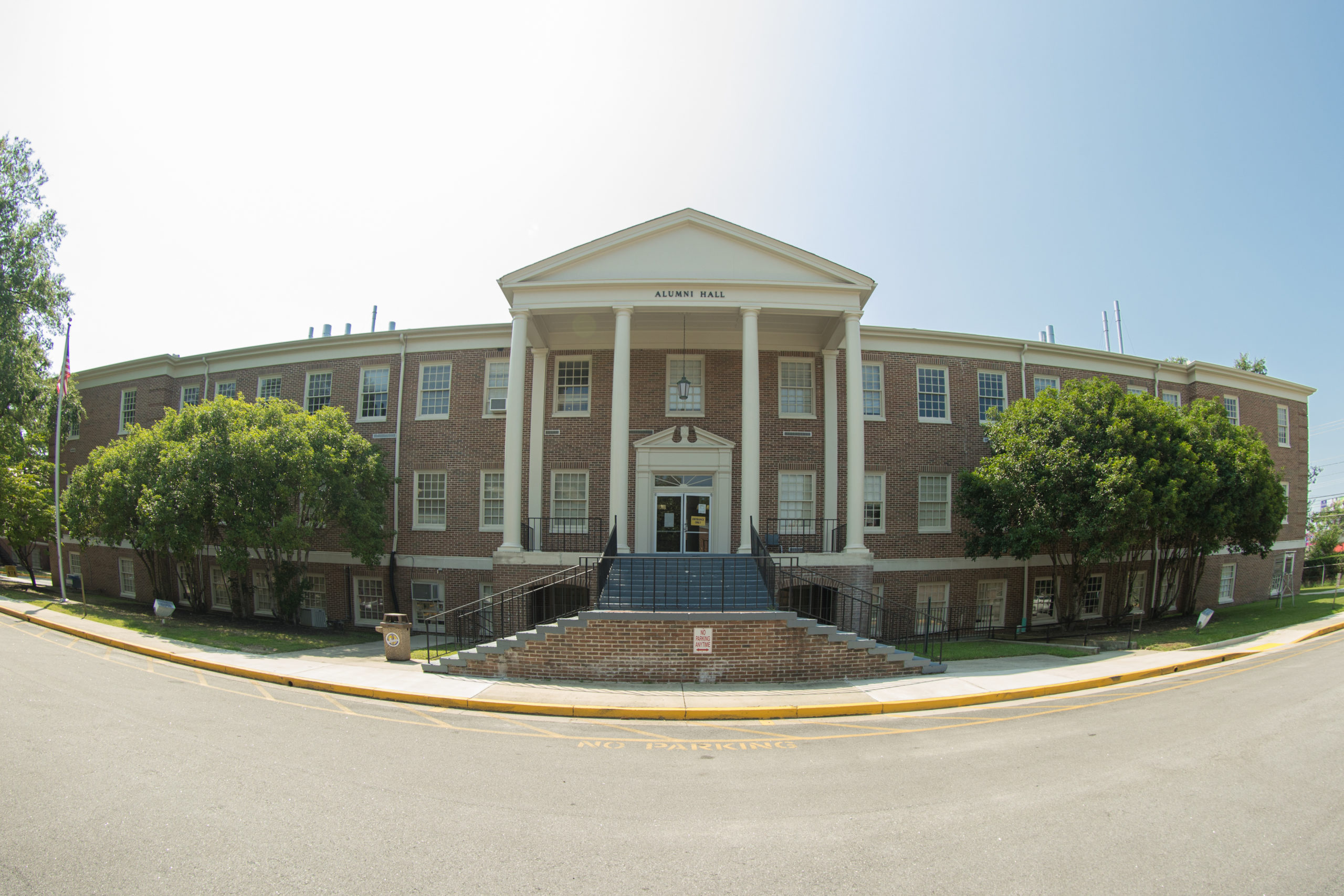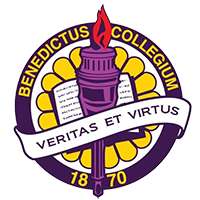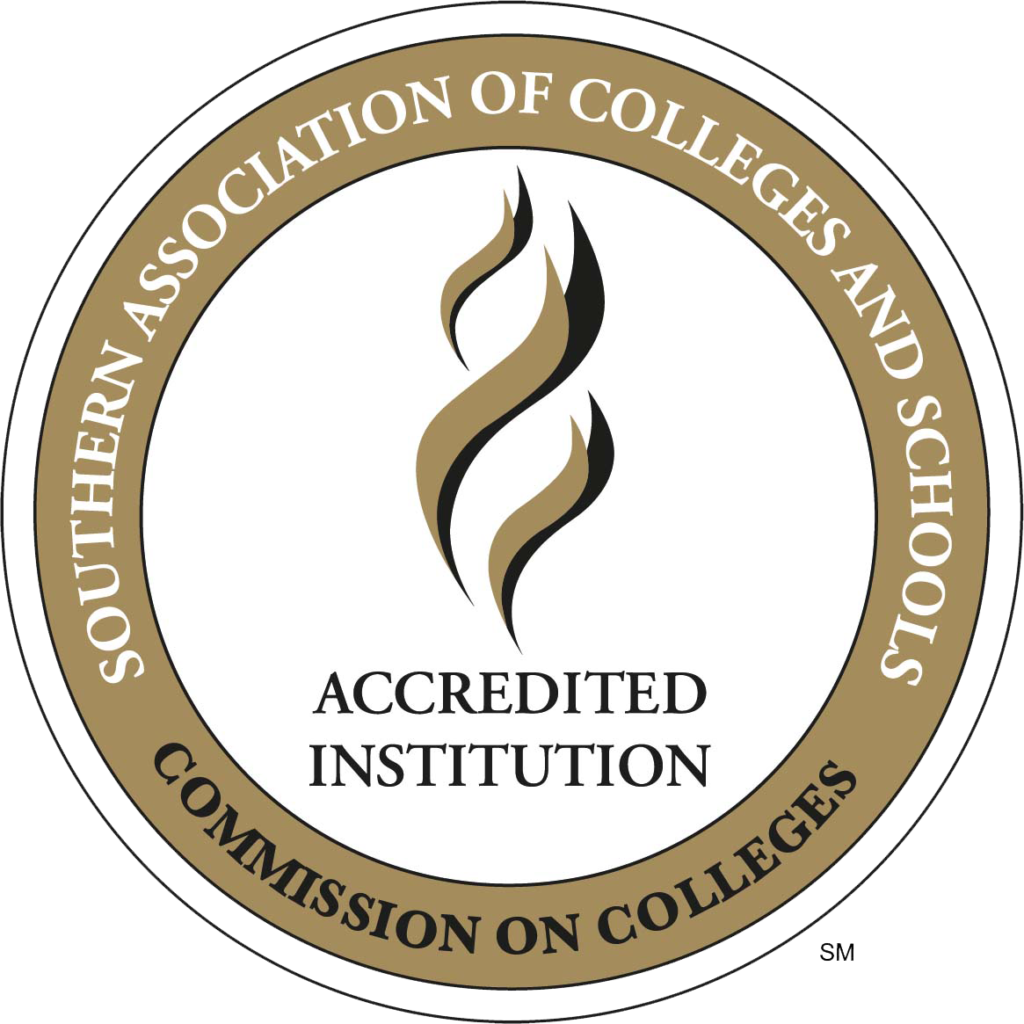April is Second Chance Month and the U.S. Department of Education selected 73 Colleges to participate in a program that empowers formerly incarcerated persons.
COLUMBIA, S.C., May 3, 2022– Benedict College is among 73 colleges and universities invited to participate in the third round of the Second Chance Pell Experiment, an initiative that was first launched by the Obama-Biden Administration to expand access to Federal Pell Grants for incarcerated students.
“I commend the Biden-Harris Administration for continuing and broadening the Second Chance Pell Grants,” Dr. Roslyn Clark Artis, President and CEO of Benedict College. “Education is empowering; and this program has proven to enhance public safety and strengthen our communities and our economy.”
The expansion will bring the total number of schools able to participate in the Second Chance Pell Experiment to 200. The Department is also announcing changes to policies to help incarcerated individuals with defaulted loans, including affirming that incarcerated individuals qualify for a “fresh start,” which returns borrowers with defaulted loans to repayment in good standing and allows them to access programs like the Second Chance Pell Experiment.
The Department will also allow incarcerated students to consolidate their loans to help them exit default in the long term.
“Access to high-quality postsecondary education is essential to incarcerated individuals, but for far too long, people in prison were left out,” said U.S. Secretary of Education Miguel Cardona. “The expansion of Second Chance Pell and these new pathways out of default are critical steps for incarcerated individuals to be able to access educational opportunities that will provide second chances to build a future.”
The Second Chance Pell Experiment was first established in 2015 by the Obama-Biden Administration to provide Pell Grants to incarcerated students to allow them to participate in postsecondary education programs. To date, students have earned over 7,000 credentials, building new skills and improving their odds of success through the initiative. Today’s announcement of the expansion of 73 sites will mean that up to 200 programs will be able to participate in the program as the lead-up to the broader implementation of reinstatement of access to Pell Grants for incarcerated students starting on July 1, 2023.
Selected colleges and universities will partner with federal and state penal institutions in almost all 50 states to enroll thousands of incarcerated students in educational and training programs. Most selected schools are public two- and public four-year institutions. Twenty-four of the newly selected educational institutions are HBCUs and minority-serving institutions. Selected schools may begin accessing Pell Grants as early as July 1, 2022.
“Benedict College recognizes that inclusivity is paramount to helping all students retain a meaningful education,” noted Jamila Lyn, Director of Special Programming for Benedict College. “The Second Chance Pell initiative fits squarely in the College’s mission to advance social justice.”
Providing education in prison is proven to reduce recidivism rates and is associated with higher employment rates, which will improve public safety and allow individuals to return home to their communities and contribute to society.
The Department intends to then fully implement the legislative changes to allow eligible students in college-in-prison programs to access Federal Pell Grants beginning on July 1, 2023.
See full list of institutions invited to participate in the third round of Second Chance Pell Experiment.
About Benedict College
Founded in 1870 by a woman, Bathsheba A. Benedict, Benedict College is a private co-educational liberal arts institution, offering 26 competitive baccalaureate degree programs. The Midlands HBCU welcomes students from all 46 counties in South Carolina, 30 states across America, and 26 countries around the world.
Benedict offers several high-demand fields of study in STEM, Cyber Security, Mass Communication, Sport Management, Business Administration, Engineering, Computer Science, Biology, and Education. The College also has a diverse faculty and importantly, 80 percent of courses are taught by full-time faculty.
Over the past ten years, three out of five Benedict College graduates have attended professional or graduate schools. There is over 18,000 proud Benedict Tigers throughout the nation. Benedict College has been a community leader for over 150-years and is a significant contributor to South Carolina and the region. Contributing $130 million and 1,218 jobs in total local and annual economic impact, a Benedict graduate working full-time throughout his or her working life can expect to earn $1.1 million in additional income because of their Benedict College degree.
The College made front-page news in the spring of 2018 when it became the first South Carolina college to lower its tuition by 26 percent. Cutting tuition drew praise from the Commission on Higher Education, South Carolina’s education oversight body. The commissioner noted that the move Benedict College made should be applauded because it offers families affordability and students greater access to higher education.
Benedict College has been highly regarded and exceptionally ranked for its programs by several academic and traditional publications. For example, Benedict College was ranked as one of the top baccalaureate colleges in the nation by Washington Monthly magazine for creating social mobility and producing cutting-edge scholarship and research. In 2019, Benedict College received the 2019 ACE/ Fidelity Investments Awards for Institutional Transformation and was named the HBCU of the Year by HBCU Digest.
Benedict College is accredited by the Southern Association of Colleges and Schools Commission on Colleges to award baccalaureate and master’s degrees. Five of the College’s degree programs hold national accreditation: The School of Education, Social Work, Environmental Health Science, Arts and Sciences and the Tyrone Adam Burroughs School of Business and Entrepreneurship.




